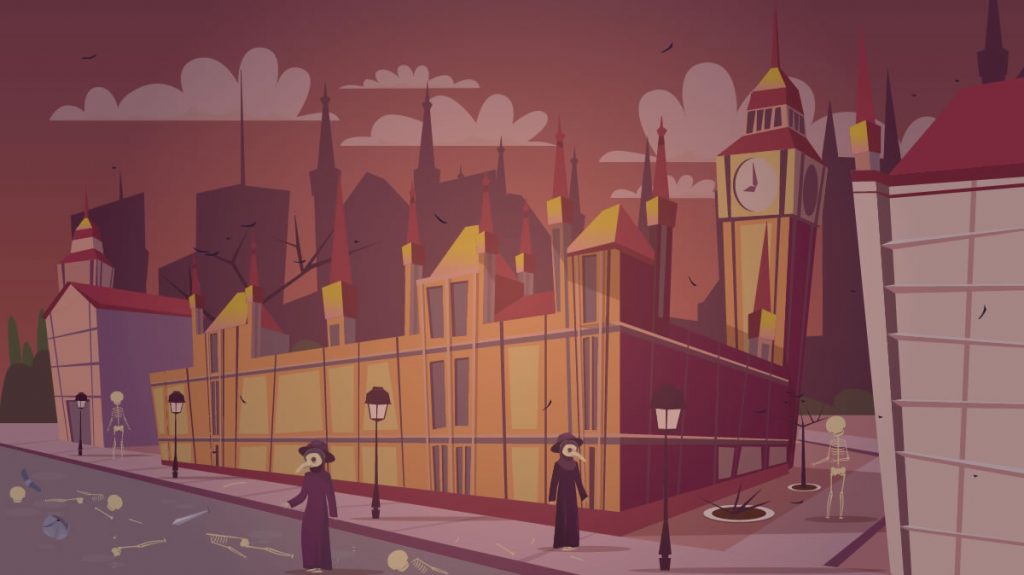What is a pandemic? You may have heard this word a lot lately, and today we are immersed in one. A pandemic is when an infectious disease grows so large that it spreads through many countries and is transmitted through many people and through contact between them. The word comes from the Greek, and is the sum of the word “bread” and “demos”, which comes to mean of all the people or of all the people.
So when an epidemic spreads over a very wide area, it is called a pandemic, as long as the disease causing the previous epidemic can be transmitted from person to person. Sometimes these diseases can also be carried by something non-human, such as certain insects such as the mosquito (which occurs in diseases such as Zika or Dengue). Sometimes pandemics can be caused by viruses as common to us as the flu (influenza virus) since there are many types and they spread easily and quickly, making many people sick all over the world.
The World Health Organization, which as its name indicates is the one that ensures that people on the planet are safe and maintain certain levels of health or guidelines to prevent or eradicate diseases, establishes three parameters so that we can consider the spread of a disease such as a pandemic:
- It must be an unknown or new disease.
- It affects people and can cause serious symptoms.
- The infectious agent spreads in an easy, stable, rapid and recurring manner.
Of course, we must bear in mind that a disease or condition is not a pandemic simply because it is generalized or kills many people, but it must also be infectious as we said before. That is why other diseases, such as cancer, which is also suffered by many people, is not a pandemic, because it is not something that is spread from one person to another.
But then what can we do to protect ourselves in a pandemic or to eradicate it? Well, we can receive vaccines or medications to protect ourselves from some of these infectious diseases, such as measles, tetanus and some types of flu. But sometimes a new flu spreads so fast that doctors and scientists don’t have enough time to develop a vaccine that will prevent us from getting sick, and that is what has happened with Sars-cov-2 or Covid-19 . While the vaccine arrives, we can also do a lot on our part trying to follow certain guidelines, such as washing our hands a lot, not touching our face or eyes, wearing masks or maintaining social distance .
Epidemics and pandemics in History
Throughout history, there have been many pandemics with catastrophic consequences, such as the Black Death that took place around 1300 in Europe and killed about 25 million people . Other small outbreaks of plague hit European cities during the next 300 years or so and, the closest to this one that we are living, was the one that took place between 1918 and 1919 that received the misnamed “Spanish flu”, a pandemic caused by the flu virus that killed more than 20 million people worldwide.

Although today epidemics are not as common as they were before , the truth is that this new Covid-19 pandemic has taught us that we are not free to suffer them, since although we have better hygiene and health conditions, our rhythm globalized life and continuous travel around the world (added to other issues such as climate change ) can lead us back to these scenarios.
It is true that current living conditions, cleaner and with more advanced medicines and techniques, have helped to stop the spread of many diseases, but in reality epidemics have not ceased to exist and diseases such as malaria or cholera are still present in some places, they are good proof of it.












































































































Recent Comments